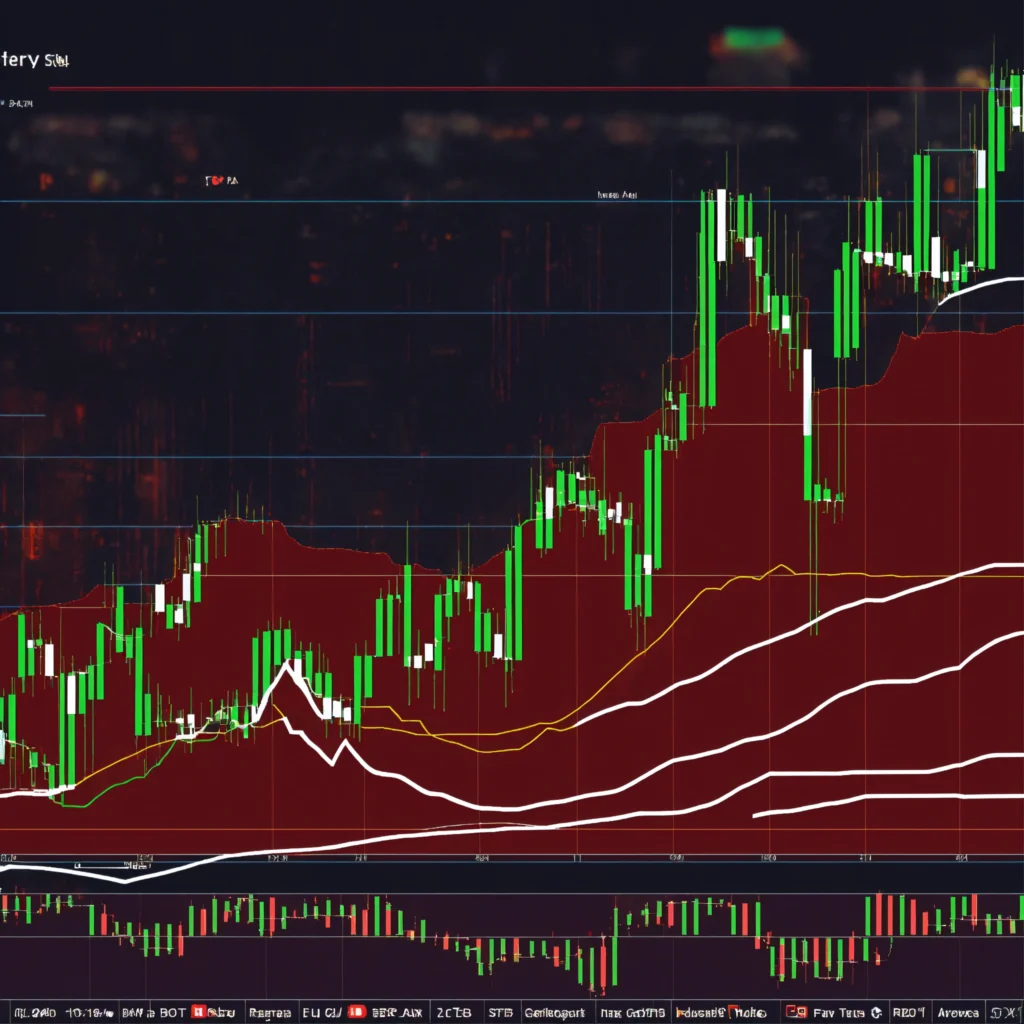Understanding Trading Psychology
Trading psychology is a vital aspect that significantly influences trading decisions and overall performance in the financial markets. The interplay between emotions and trading can lead to irrational behaviors, often driven by the fundamental forces of fear and greed. Many traders, regardless of their level of experience, struggle to maintain a disciplined approach when faced with market volatility, which can result in poor decision-making and compromises to their strategies.
Fear is a primal emotion that can manifest in various forms during trading. For instance, the fear of losing capital may cause traders to exit positions prematurely, potentially missing out on profits as the market moves favorably. Conversely, greed can lead to over-leveraging, where traders take on excessive risk in pursuit of higher returns, ultimately jeopardizing their accounts. Understanding these psychological principles is essential for traders aiming to develop a resilient mindset and a balanced approach to the market.
The concept of the ‘trader’s mindset’ encompasses the mental attitudes and emotional coping strategies that traders employ to navigate their journeys. Successful traders often emphasize the importance of self-awareness and the need to recognize emotional triggers that may skew their judgment. Real-world examples abound, showcasing how seasoned traders confront setbacks; they analyze their emotional responses and adjust their strategies accordingly. Such introspection helps foster a mental resilience that is crucial for long-term trading success.
As traders engage with the markets, it is essential to cultivate a mindset that embraces both losses and wins as valuable learning opportunities. By striving for a balanced emotional state and understanding how psychology impacts trading decisions, individuals can enhance their performance and ultimately bounce back from losses more effectively. Developing trading resilience through psychological awareness is an ongoing journey, one that can empower traders to navigate the complexities of the financial landscape with greater confidence.

Strategies for Managing Trading Losses
Managing trading losses is an essential aspect of sustaining a long-term career in trading. The process begins with effective risk management, which involves determining the amount of capital to allocate to each trade. A common approach is to limit risk on any single trade to a small percentage of the total trading account, generally around 1% to 2%. This strategy ensures that no single loss can significantly impact the overall portfolio, allowing traders to recover more easily from setbacks.
Position sizing also plays a critical role in managing losses. By adjusting the size of each position based on risk tolerance and market conditions, traders can maintain better control over their portfolios. A well-defined trading plan should include clear guidelines for position sizing, outlining parameters such as maximum loss levels and target gains. This structure fosters discipline, reducing impulsive decisions driven by emotional responses during times of loss.
Incorporating mindfulness into trading practices can further enhance resilience. Mindful trading encourages individuals to acknowledge and process emotions, recognizing that losses are an inevitable part of the trading experience. By cultivating an awareness of psychological triggers, traders can learn to detach themselves from the emotional weight of a loss. For instance, celebrated trader John Smith emphasizes the importance of reflecting on emotions post-trade, stating, “By taking a moment to breathe and reassess, I often find clarity that helps me adjust my strategy moving forward.”
Additionally, learning from past trades, both successful and unsuccessful, can provide valuable insights for future decision-making. Keeping a detailed trading journal that records reasons for entering and exiting trades, alongside reflections on emotional responses, can be a powerful tool in developing resilience. This continuous process of self-evaluation not only improves technical skills but also builds mental fortitude over time.

Reframing Setbacks as Learning Opportunities
In the world of trading, setbacks, particularly losses, are often viewed through a negative lens. However, reframing these setbacks as valuable learning opportunities can significantly impact a trader’s psychological well-being and overall success. Rather than perceiving a loss as a personal failure, it is essential to understand it as constructive feedback. This shift in perspective enables traders to engage in self-improvement, facilitating resilience and effectiveness in future trading activities.
The common cognitive distortions faced by traders after a loss may include catastrophizing, overgeneralization, and focusing solely on negatives. Such thought patterns can hinder growth, making it difficult to analyze the event objectively. One effective strategy to combat these distortions is through journaling experiences related to trading. Documenting not only the outcome but also the thought processes, emotions, and decisions made during a trade allows the trader to identify patterns that lead to success or failure. This reflection provides crucial insights into their trading tendencies and decision-making processes, thus promoting continuous improvement.
Another practical approach is to conduct a thorough analysis of each trade, irrespective of the outcome. Traders should assess their strategy’s effectiveness and the external variables influencing their decisions. This analytical perspective fosters a growth mindset, emphasizing that every loss carries lessons essential for future success. Networking with other traders to share experiences can also enhance learning, as discussing various strategies and outcomes may offer new insights and alternative viewpoints.
By embracing setbacks as learning experiences and addressing cognitive distortions, traders can cultivate resilience. This attitude not only improves their trading strategies but also safeguards their emotional health, enabling them to navigate the complexities of the trading landscape with confidence and poise.

Maintaining Emotional Stability Through Recovery
Recovering from significant trading losses can be an emotionally taxing journey. It requires traders to employ effective strategies for maintaining emotional stability and fostering resilience. One of the essential techniques for emotional regulation is mindfulness, which encourages traders to tune in to their thoughts and feelings without judgment. Practicing mindfulness techniques such as meditation or deep-breathing exercises can facilitate a sense of calmness and clarity, essential for making sound trading decisions. Visualization can also play a pivotal role; envisioning successful trades can help rebuild confidence and establish a positive mental framework.
In addition to mindfulness and visualization, self-compassion is a critical component in the recovery process. Traders often struggle with feelings of guilt or shame after experiencing losses. By practicing self-compassion, individuals can learn to treat themselves with the same kindness they would offer to a friend facing similar setbacks. This mindset allows traders to acknowledge their experiences without being overly critical, thereby promoting emotional healing and growth.
Taking regular breaks from trading activities is another vital approach to maintaining emotional stability. Stepping away from the trading desk can help individuals regain perspective, allowing them to recharge mentally and emotionally. Engaging in hobbies or physical activities during these breaks can provide much-needed relief and prevent negative emotions from festering.
Incorporating psychological strategies into trading routines can significantly enhance a trader’s emotional stability. Traders who have faced setbacks often find success stories inspirational; many have rebuilt their resilience by embracing these practices. Sharing experiences within trading communities can help foster a sense of belonging and understanding, motivating individuals to persist in the face of adversity.
Through the integration of emotional regulation techniques and a supportive mindset, traders can navigate their recovery more effectively, setting the stage for future success.
